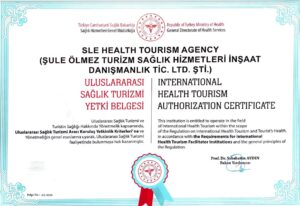Medicamentos a serem utilizados após o transplante capilar
Transplante capilar Tratamento posterior: por favor leia as seguintes informações antes de tomar os seus medicamentos.
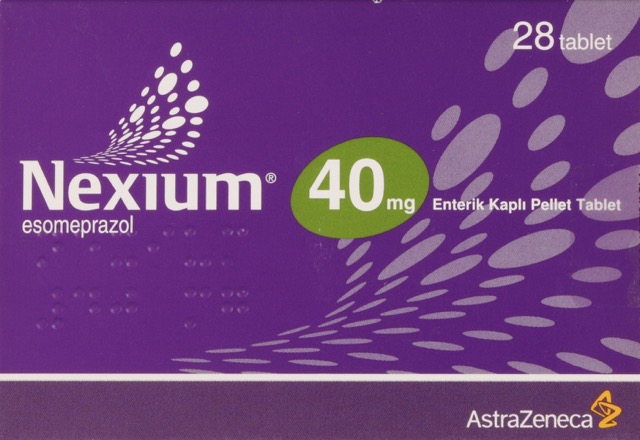
Nexium (gastroprotector)
1 X antes do pequeno-almoço
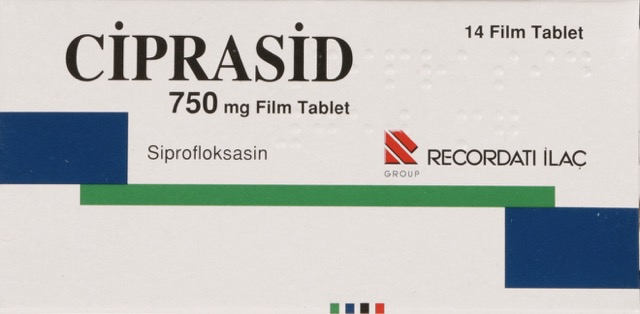
Antibióticos
1 X após o pequeno-almoço 1 X depois do jantar
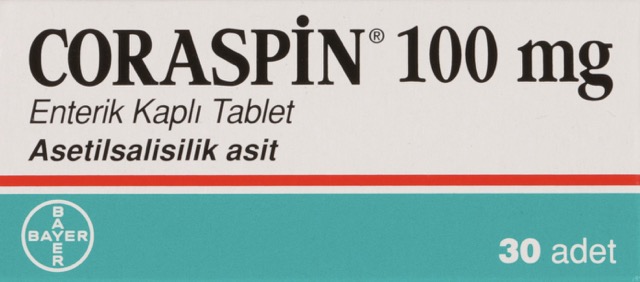
CORASPIN 300 mg
Diluente de sangue
1x após o pequeno-almoço
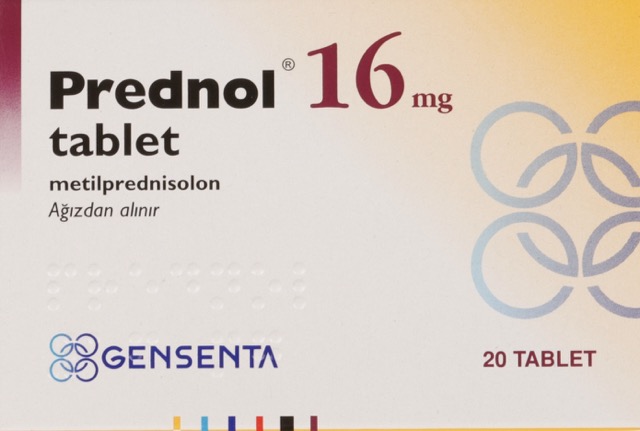
PREDNOL 16 mg
O Prednol deve ser utilizado durante os 6 dias seguintes.
- 1º dia: 3 de uma só vez
- 2º dia: 3 de uma só vez
- 3º dia: 2 x de uma só vez
- 4º dia: 2 de uma só vez
- 5º dia: apenas 1
- 6º dia: apenas 1
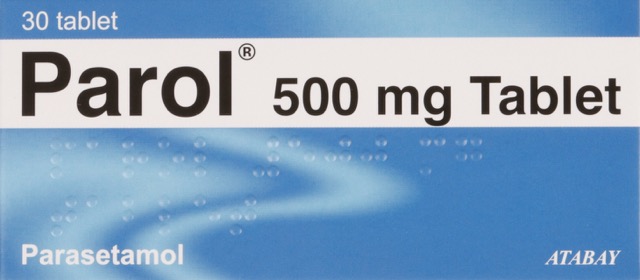
PAROL 500 mg
Assassino da dor
Recomenda-se a sua utilização quando a dor é sentida. (a intervalos de 6 horas)

FITO CREAM 50 mg
Aplicar apenas à área doadora
Utilizar 3 vezes por dia a partir do dia seguinte à operação
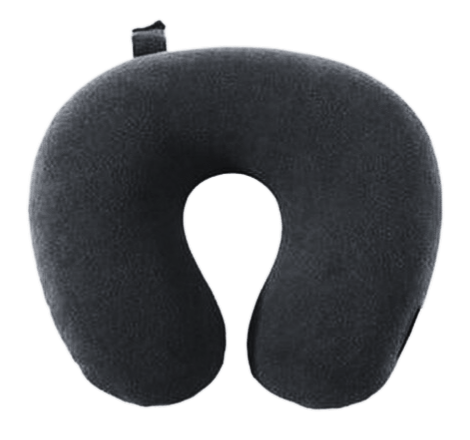
PILOTO NECK
A almofada de pescoço deve ser utilizada durante 10 dias a partir do dia de operação.
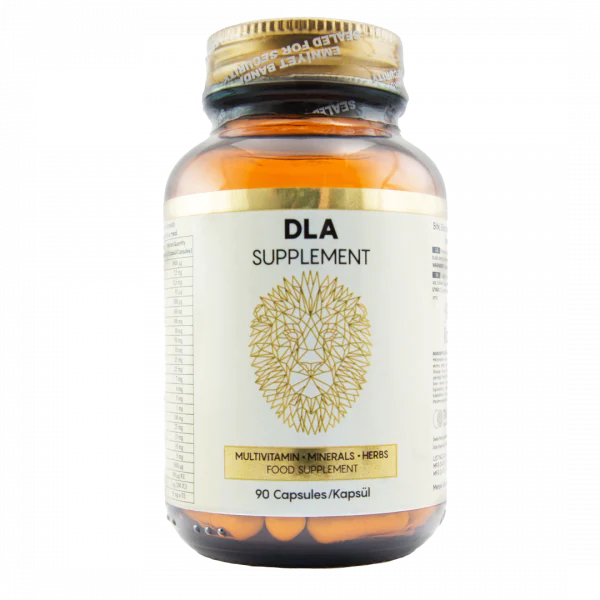
VITAMINS (adquiridos separadamente)
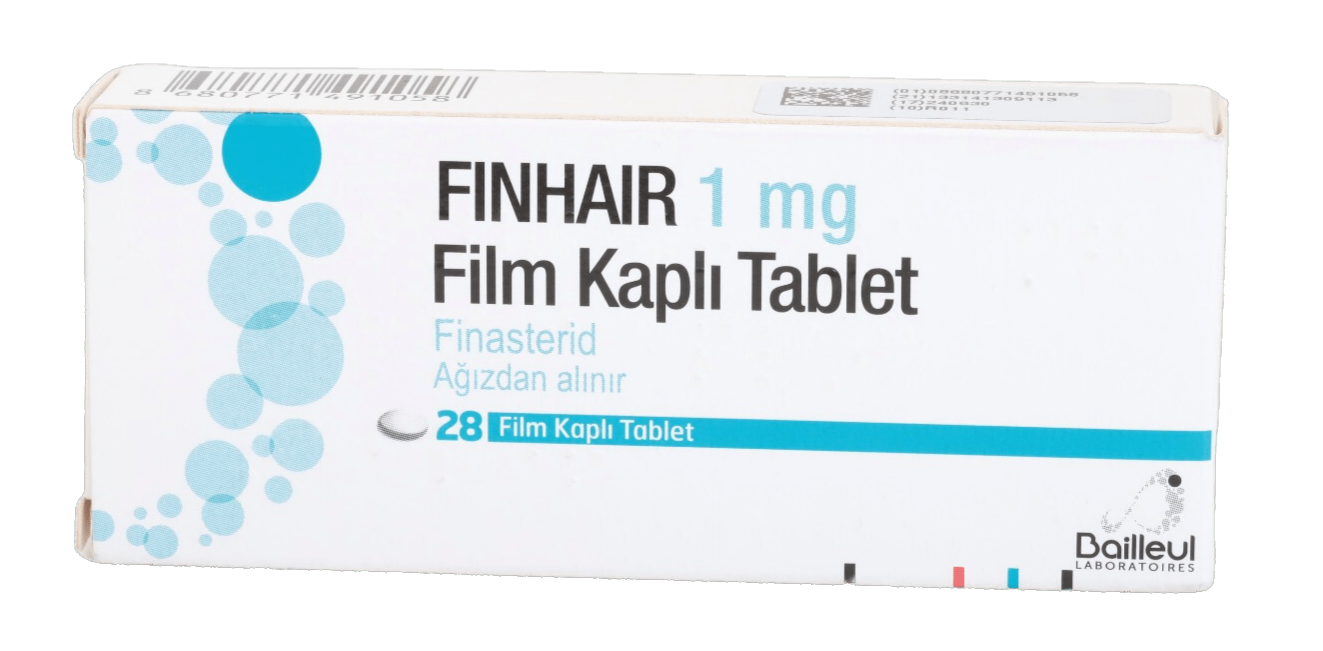
FINASTERIDE (adquirido separadamente)
Finasterida (Propecia) reduz o nível de DHT em cerca de 70% e aumenta o nível de testosterona em 9%. Recomenda-se a utilização de Finasterida (Propecia) durante um ano para proteger e fortalecer o cabelo existente após uma operação de transplante capilar. A utilização de medicamentos específicos para um transplante capilar bem sucedido é fundamental para se obter um resultado satisfatório.
O que deve ser considerado após um transplante capilar?
- Sem lavagem do cabelo no 1º e 2º dias!
- Evitar tocar no couro cabeludo recém-elaborado: É melhor manter a cabeça erguida e evitar tocar no couro cabeludo recém-elaborado.
- Proteja a sua cabeça: O segundo dia é quando a ligadura é tirada. Não será possível aplicar outro curativo. Por conseguinte, o paciente deve proteger cuidadosamente a sua cabeça durante dez dias.
- Sem dobras: Os pacientes não devem dobrar a cabeça durante 3 dias. Assim, não causarão o aparecimento de enxertos ou hemorragias na área receptora. Este é também um factor importante para um resultado de transplante de cabelo bem sucedido.
- Relações sexuais pode causar o suor de uma pessoa. Após um transplante capilar, a transpiração também deve ser evitada. Os seus enxertos podem ser deslocados enquanto transpira, especialmente nos primeiros dias.
- Proibido fumar: Porque fumar prolonga a duração da recuperação, é para o seu próprio bem deixar de fumar uma semana após a operação. A nicotina endurece os vasos sanguíneos e estreita-os. Isto atrasa a recuperação e afecta negativamente o crescimento do novo cabelo.
- Sem arranhar: É importante evitar o coçar durante um mês, pois pode remover crostas e atrasar o processo de cura. Em vez de coçar o couro cabeludo com a unha, pode esfregar suavemente a área.
- Sem Álcool: Os pacientes evitam beber bebidas alcoólicas durante pelo menos duas semanas após a sua operação de transplante capilar. Isto dará ao seu corpo tempo suficiente para processar qualquer álcool no seu sistema e para que a sua pressão sanguínea volte ao normal.
- Cuidado ao tossir/espirrar: É melhor manter a cabeça erguida e evitar quaisquer movimentos bruscos como tosse intensa e espirros após a operação. É improvável que danifique um enxerto por tosse alguns dias após o seu transplante capilar. Contudo, ainda é importante ter cuidado ao espirrar ou ao tossir.
- Sem Sauna/Solário: Não recomendamos ir a saunas, banhos de vapor ou ficar em locais muito quentes pode aumentar a transpiração, estas actividades são tão prejudiciais como a prática de exercícios ou desportos. Não se deve ir à sauna ou a banhos de vapor durante o 1 mês após o transplante capilar, uma vez que causam suor intenso.
- Não fazer exercícios intensos: Recomendamos que evite exercícios intensos até pelo menos 30 dias após a cirurgia de transplante capilar. Exercícios ligeiros como caminhadas ou ioga ou exercícios ligeiros podem ser feitos após o quarto dia de pós-operatório. Se notar um aumento da hemorragia durante qualquer um destes exercícios, deve reduzir a intensidade do exercício.
- Evitar a luz solar: Uma das precauções mais importantes a tomar após um transplante capilar é evitar a luz solar directa. Depois de um transplante capilar, um paciente precisa de proteger o seu couro cabeludo do sol durante 1-2 meses. Demasiada exposição solar directa não só danifica a superfície do couro cabeludo tratado, como também pode afectar os tecidos mais profundos e causar danos graves.
- Dormir: Para ter um sono confortável após uma operação de transplante de cabelo e para prevenir infecções, é crucial que tenha lençóis e fronhas limpos. Certifique-se de usar detergente sem alergénios para não irritar ou inflamar o couro cabeludo à medida que este cicatriza. Os pacientes precisam de dormir com a cabeça erguida pelo menos 45 graus durante dez dias, usando uma almofada de pescoço. Deve evitar movimentos excessivos, tais como virar a cabeça rapidamente ou bater com a cabeça numa cabeceira.
